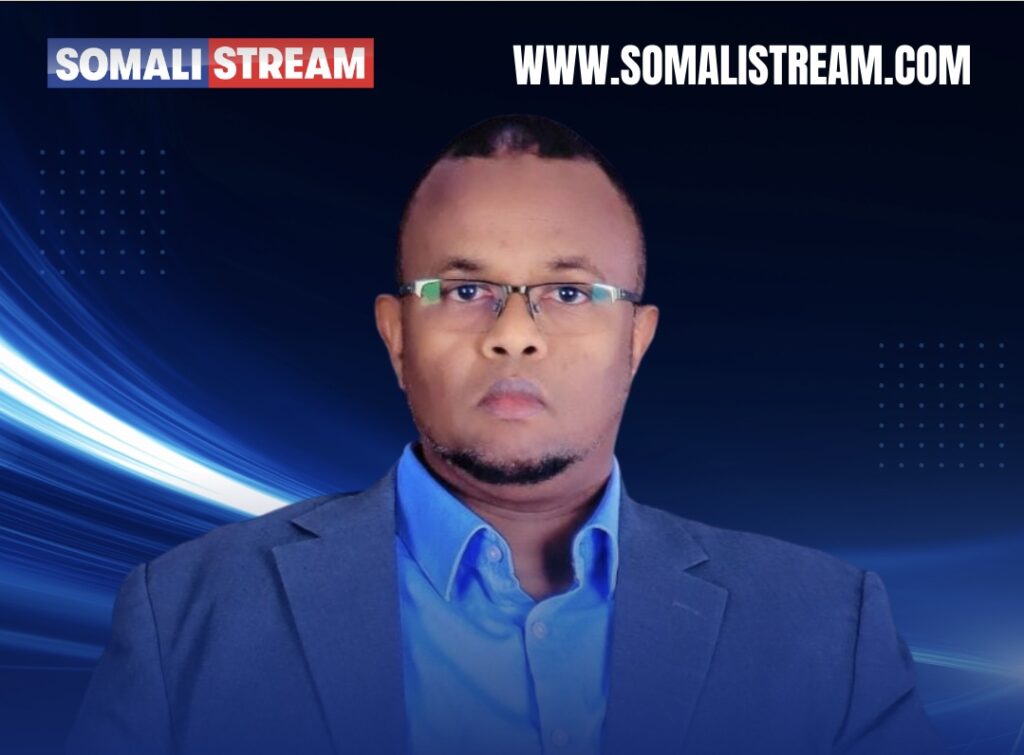By: Liban Cigaal
The Minister of Justice of the Federal Republic of Somalia, Hassan Macalin, recently claimed that health and education are not government responsibilities but mere charity. Such words reflect an outdated and dangerously narrow view of statehood. In today’s world, governments are measured by how well they build healthy, educated, and secure citizens.
Thomas Jefferson, the third President of the United States and a founding father, once declared: “The care of human life and happiness is the first and only object of good government.” His words remind us that the state exists not only to defend borders but to protect the dignity of its citizens.
The hypocrisy is striking. Macalin’s own children live in the United Kingdom, where healthcare is free under the National Health Service and education is publicly funded. These are rights guaranteed by the British state, not favors. If his family enjoys such protections abroad, why deny Somali families the same dignity at home? Calling them “charity” is not just poor judgment—it is creeping moral corruption that corrodes the foundations of governance.
The Somali Provisional Constitution proves him wrong. Article 30 guarantees every Somali the right to basic healthcare and obliges the Federal Government and Federal Member States to provide it. Articles 28 and 29 affirm that children are entitled to free basic education, and that the state must expand access to higher and vocational learning. These are constitutional rights, not optional favors. For the Minister of Justice to contradict the law of the land is both ironic and unacceptable.
History shows that investing in people is the backbone of national strength. A healthy population can boost productivity by up to 30%, and free public education amplifies it by producing skilled, innovative citizens who can defend and develop their country. Health and education also underpin security: societies with strong welfare systems are more stable, with lower crime, less radicalization, and greater civic trust. Ignoring this truth is to deliberately weaken Somalia.
Other nations have learned this lesson. Rwanda, emerging from genocide just decades ago, now offers free healthcare even in rural areas. In Britain, when the National Health Service was founded in 1948, Health Minister Aneurin Bevan declared: “No society can legitimately call itself civilized if a sick person is denied medical aid because of lack of means.” Six years earlier, William Beveridge’s landmark report had identified the “Five Giants” of Want, Disease, Ignorance, Squalor, and Idleness as enemies the state must defeat. Compare those visions to Macalin’s dismissal of health and education as charity, morally and psychologically, they are worlds apart.
Indeed, Macalin’s words echo the discredited philosophy of the night watchman state of medieval and early modern politics, where rulers provided little beyond soldiers and guards, abandoning society to poverty, ignorance, and disease. That model was long ago rejected as unjust and inadequate. To resurrect it now, within Somalia’s cabinet, is regression at its worst.
There is a deeper truth: everything begins with vision and willpower. When leaders display shortsightedness and lack of will, it reveals ignorance, or worse, the fact that they never intended to improve society. The Somali people must reject such figures, for they have no vision of what a modern state truly means. As the Somali proverb says, “If you have no shame, say whatever you wish.”
History offers better examples. Winston Churchill, Britain’s wartime Prime Minister, insisted, “The state must look after the health of the people as well as the defense of the realm.” Nelson Mandela, South Africa’s first democratic President, reminded us that “education is the most powerful weapon which you can use to change the world.” These voices underline a universal truth: health, education, and security are inseparable. One cannot stand without the others.
A sick and uneducated nation cannot be secure. Somalia deserves leaders who believe their people are entitled to the same protections their own families enjoy abroad. Health and education are not charity—they are rights. The Somali people are not begging for favors; they are demanding dignity. Do not strip them of it. The seat you occupy is a trust to serve with knowledge and honor. If you cannot uphold that duty, step aside for those who will. History will remember your words and it will judge whether you stood for the people’s rights or against them.
Dr. Liban Cigaal is a writer and political analyst. Views expressed in this article are those of the author and do not necessarily reflect the position of Somali Stream.


